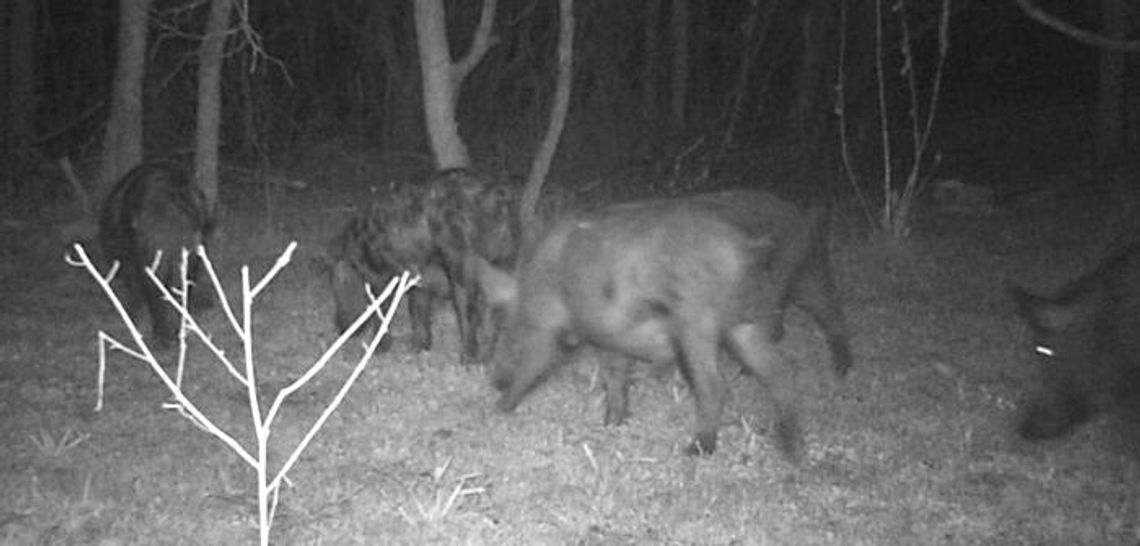Hunting feral hogs in Texas is now a high-flying affair.
Earlier this year, legislators passed House Bill (HB 3535), which allows for the hunt of feral hogs from hot-air balloons.
The bill, which was signed by Texas Gov. Greg Abbott, officially went into effect Sept. 1.
HB 3535 introduces a new measure for tackling the increasing feral hog population, which is estimated to be at 2.6 million.
Feral hogs are considered a non native species and destructive to native habitats and plants. The economical damage caused by feral hogs is estimated at $52 million dollars per year, according to AgriLife Extension Wildlife & Fisheries.
Feral hogs can also have the potential to “pollute and destabilize wetland areas, springs, creeks and tanks by excessive rooting and wallowing” according to a Texas A&M Plum Creek Watershed Project publication.
“I see the damage that it’s done to stock tanks and to pastures. They compete with commercial cattle ... Deer also compete, but they are gentle on the land. They eat the grass and it grow back; hogs eat roots and do economical damage.” David Wilson, Kyle City Council memeber
Since the law has passed, no permits have been issued so far, said Steve Lightfoot, spokesperson for Texas Parks & Wildlife.
In order to satisfy the requirements for a permit to hunt feral hogs via a balloon, a person must obtain a pilot’s license that’s administered by the Federal Aviation Administration (FAA), which regulates hot air balloon travel.
Hunters must also have a landowner’s agreement which gives permission to hunt on private property for wildlife management, along with a valid hunting license, Lightfoot said.
Lynn Lunsford, a spokesperson for the FAA and National Transportation Safety Board, said the FAA doesn’t regulate hunting from a private aircraft. However, Lunsford said they do have regulations that require operators to avoid “operating the aircraft in a way that could endanger people or property on the ground.”
The FAA has not adopted any new regulatory measures for the operation of hot air balloons, even after the deadly July 2016 accident in Lockhart that killed 16 people.
Lunsford said the NTSB’s investigation into that accident is ongoing.
So how exactly is the new bill going over locally?
Kyle Mayor Todd Webster said he doesn’t recall any concerns or proposal being brought to city council regarding the new state law. However, Webster said Hays County does have a feral hog problem “like every other county in Texas.”
Webster said he had a hard time imagining anyone floating across the sky with a gun in hand shooting at hogs from above.
“It doesn’t seem very functional to me,” Webster said.
David Wilson, Kyle City Council member, District 4, who is also a deer hunter, said he understands the urgency in addressing the feral hog situation.
“I see the damage that it’s done to stock tanks and to pastures. They compete with commercial cattle,” Wilson said. “Deer also compete, but they are gentle on the land. They eat the grass and it grow back; hogs eat roots and do economical damage.”











